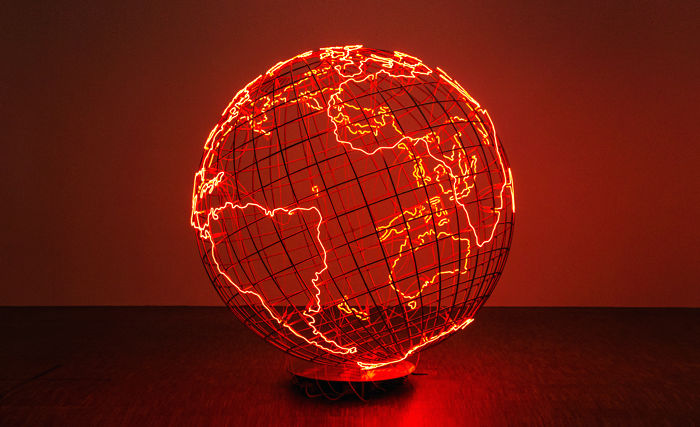What are the five greatest risks to the global economy? According to the World Economic Forum, those linked to the environment top the list.
In its report titled The Global Risks Report 2019 – 14th Edition, the WEF reports that “[O]f all risks, it is in relation to the environment that the world is most clearly sleepwalking into catastrophe.”
In 2019, of the five risks most likely to occur and having the biggest impact, three are related to the environment:
- Extreme weather: heat waves, cold waves, etc.
- Major national catastrophes: floods, earthquakes, etc.
- The failure of governments and industries to take steps to mitigate climate change and to help businesses impacted by this phenomenon to adapt.
Ten years ago, this list did not include a single risk related to the environment.
Methodology of the report
The 2019 annual report of the World Economic Forum (WEF or Davos Forum) has eight chapters, the first of which deals with the perception of global risks. To collect data on this subject, the WEF surveyed 916 professionals of all ages and from all corners of the earth, working in different fields of expertise in both the public and private sectors.
The WEF presents the five areas of greatest concern to survey respondents:
- Environmental fragilities: global warming, accelerating decline in biodiversity.
- Economic vulnerabilities: debt, wealth disparity, etc.
- Geopolitical tensions: weakening multilateralism, differences in fundamental norms, etc.
- Societal and political strains around the world: public anger against elites, opposition to immigration, etc.
- Technological instabilities: lax cybersecurity protocols, artificial intelligence.
A closer look
- Definition │ A “global risk” is defined as an uncertain event or condition that, if it occurs, can cause significant negative impact for several countries or industries within the next 10 years.
- Quote │”The survey reflects how new instabilities are being caused by the deepening integration of digital technologies into every aspect of life. Around two-thirds of respondents expect the risks associated with fake news and identity theft to increase in 2019, while three-fifths said the same about loss of privacy to companies and governments.”
- Figures │91% of respondents think that economic confrontations between major powers are the short-term risk most likely to increase in 2019. The next short-term risks most likely to increase are the erosion of multilateral trading rules and agreements, political confrontations between major powers (85%), the theft of data or money during cyberattacks (82%), and the disruption of operations and infrastructures by cyberattacks (80%).
The 7 articles in this series:
- The environment: the greatest risk to the economy
- The U.S. turns inward: a risk to the global economy
- Mental health: The social cost of poor mental health
- Bacteria and viruses: Future weapons of warfare
- Rising sea levels: An increasingly real threat to coastal cities
- Ten major future shocks
- Ever-intensifying threats




